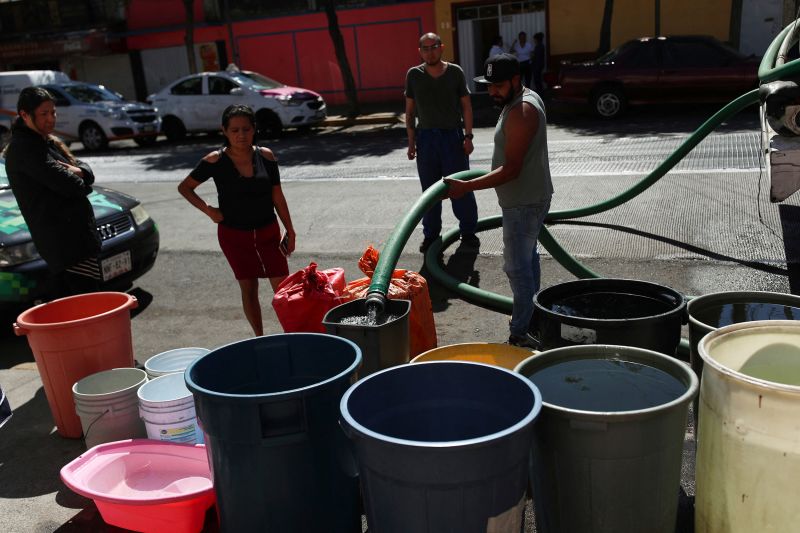As humanity grapples with unpredictability due to climate change, a global city’s struggle for survival in its face-off with water deprivation becomes a bellwether moment. This is the dire circumstance Cape Town, one of the largest cities in the world and the legislative capital of South Africa, finds itself in. The prevailing City’s water crisis is certainly a global spectacle of urgent interest, as dealing with a potential ‘Day Zero’ brings in a practical reality of a future many are cautioned about.
The city is facing its worst drought in a century, and Day Zero, the day all of Cape Town’s municipal water resources are prophesied to literally run dry, is swiftly approaching. It’s forecast to arrive within months, marking the first time a major global city runs out of water. Climate change specialists express that this is only the beginning as other cities across the globe might soon encounter similar scenarios due to changing weather patterns.
Cape Town’s looming crisis stems from three years of unprecedented drought that has drained the city’s reservoirs. The city heavily relies on six major dams which, for the time being, are at severe low levels. The city’s water consumption soared as its population grew, straining its water resources even further. The gap between water supply and demand has progressively widened, leading to the current water shortage.
The government has implemented stringent water restrictions to curb usage and delay Day Zero as much as possible. The residents are limited to a usage of 50 liters of water per day–a measure far less than the international average of daily water usage. To ensure compliance, the city officials have put out a map that indicates water consumption per household. Those using too much water could face penalties, and the city has deployed inspectors to enforce the restrictions.
Simultaneously, there are actions to extend the city’s water supply. These involve tapping into groundwater sources, building desalination plants to convert seawater into freshwater, and recycling wastewater. These alternatives, while promising, could not be realized soon enough to avert the impending zero days due to various challenges that include cost implications, limited infrastructure, and considerable construction timeframe.
In this trying time, Cape Town’s inhabitants are pulling together, learning to adapt to the new restricted water usage. From adapting hygiene habits to growing water-wise gardens, the city is going through some deep-seated lifestyle changes. The term ‘water-shedding’, borrowing from the more common ‘load-shedding’ or power outage scenarios, reflects these coping strategies.
The plight of Cape Town serves as a warning for other major cities. From Sao Paulo to Beijing, cities are stricken with irregular rainfall, polluted water sources, and high water consumption that echoes Cape Town’s predicaments. The World Resources Institute warns that by 2040, many places worldwide will experience high water stress.
The situation in Cape Town is undoubtedly the first of its kind, a scenario experts have spoken about but has never been observed in a major city until now. While immediate efforts are channeled towards deferring Day Zero, the long-term focus should be shifted in the direction of sustainable water management. The crisis underscores the importance of water conservation globally and the need for cities to adapt to the new reality of desertifying climates due to climate change.




